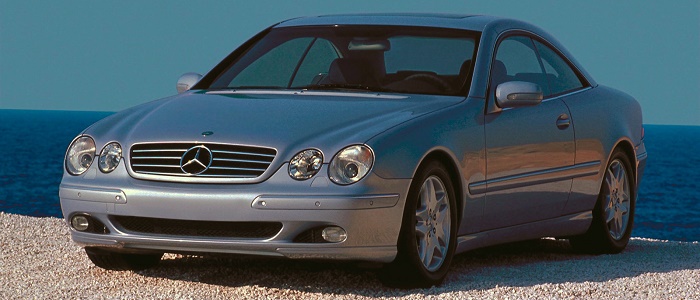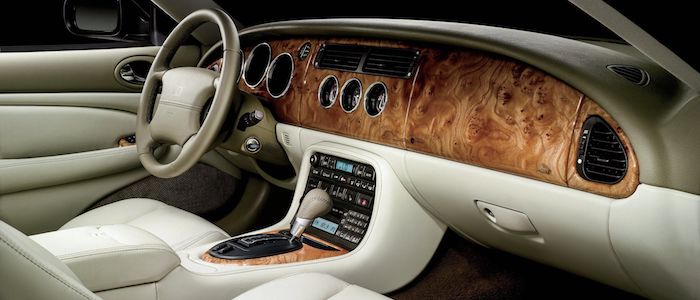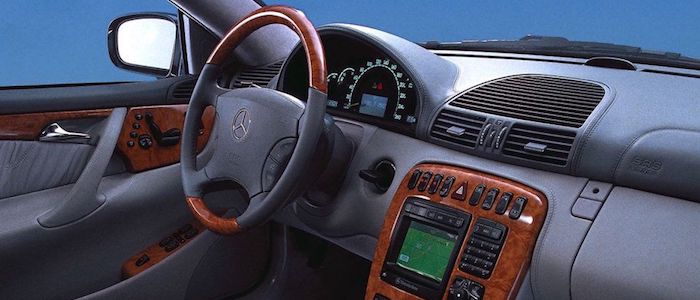Compare two cars
Compare any two cars and get our Virtual Adviser™ opinion
Dimensons & Outlines
Check vehicle history
Engine
5.0 M113 E50
Performance (manual gearbox)
Performance (automatic gearbox)
Expenses
Virtual Adviser's™ opinion
Well, these are two pretty similar cars we have here! It's only details that could potentially make the difference. Considering they both belong to the sports car segment and utilize the same 2-door coupe body style and the rear wheel drive system, it all comes up to the specific petrol engine choice they offer. The first one has a Jaguar-engineered powertrain under the hood, a 8-cylinder, 32-valves 290hp unit, while the other one gets its power and torque from a 8-cylinder, 24-valves 306hp engine designed by Mercedes Benz.
SafetyUnfortunatelly, neither of the two vehicles was submitted to the European New Car Assessment Programme (Euro NCAP) testing. This makes it virtually impossible for me to pick one over the other and I'm generally against buying such cars as the safety should really always come first. Still, apart from the official crash test results there are other things we need to be aware of. Both vehicles belong to the sports car segment, which is generally classifying them somewhere in the middle safety-wise, but it doesn't do much to help us decide between the two. On the other hand, if we'd like to consider vehicle mass in this context too, which we definitely should, the German car offers a considerable difference of 11% more metal.
ReliabilityI don't like generalizing things when it comes to reliability, although it does seem that both brands display similar results in faults and breakdowns, at least on all of the models level. That's the official data, while our visitors describe reliability of Jaguar with an average rating of 4.2, and models under the Mercedes Benz badge with 4.3 out of 5. Unfortunatelly, I don't have enough insight that would allow me to comment in more details on the specific models level. We should definitely mention that owners of cars with the same powertrain as the British car rank it on average as 3.0, while the one under the competitor's bonnet gets 4.3 out of 5.
Performance & Fuel economyMercedes Benz is a bit more agile, reaching 100km/h in 0.2 seconds less than its competitor. In addition to that it accelerates all the way to 250 kilometers per hour, exactly the same as the other car does. When it comes to fuel economy the winner has to be the British car, averaging around 11.7 liters of fuel per 100 kilometers (24 mpg), in combined cycle. We can't ignore that 15% difference compared to the German car.
Verdict
Mercedes Benz appears just a bit more reliable, although the difference is truly marginal. The most important thing when deciding between any two vehicles should always be safety, both passive and active. In my opinion, everything taken into account, the German car offers significantly better overall protection, taking the lead here. It all continues in the same direction, with Mercedes Benz offering somewhat better performance, just enough to call it quicker. It does come at a cost though, and that's the fuel consumption... At the end, as much as I'd like to give you a winner here, it's simply a pure tie if you ask me. Anyway, that's the most objective conclusion I could've came up with and it's based solely on the information found on this website. Aspects such as design, practicality, brand value and driving experience are there for you to measure them out. Also, you could use the oportunity to find out which car, everything taken into account, would be the perfect choice for you in the eyes of the virtual adviser™, out of 12.000+ vehicles we currently have in our database.































